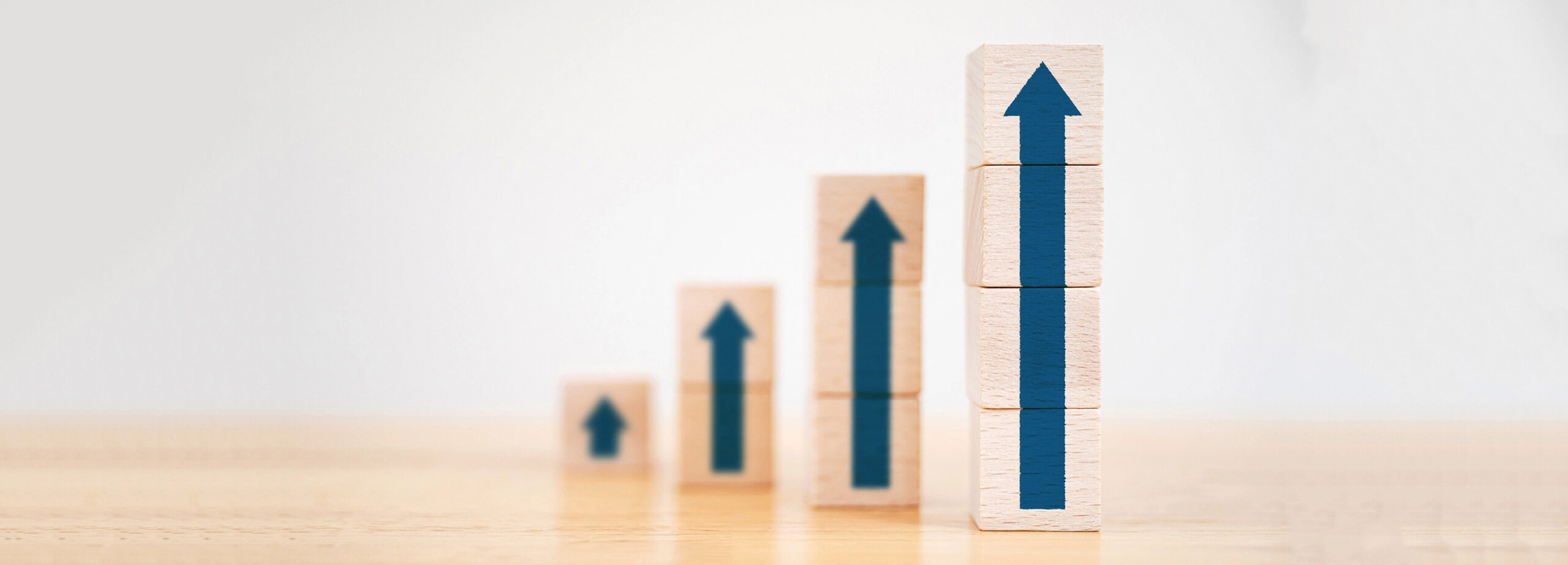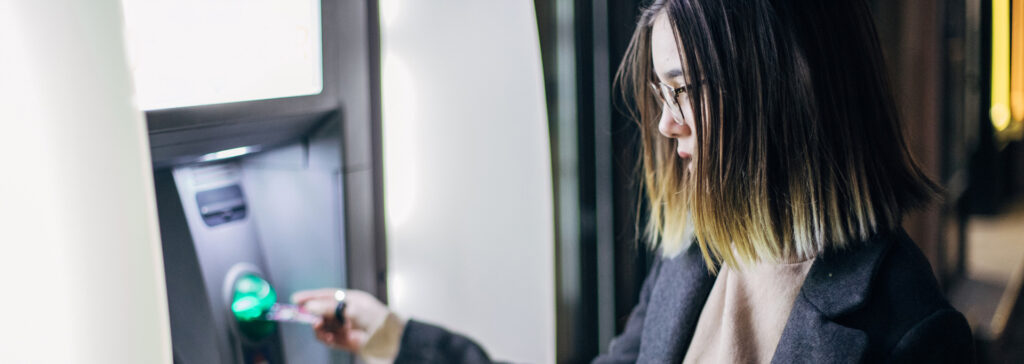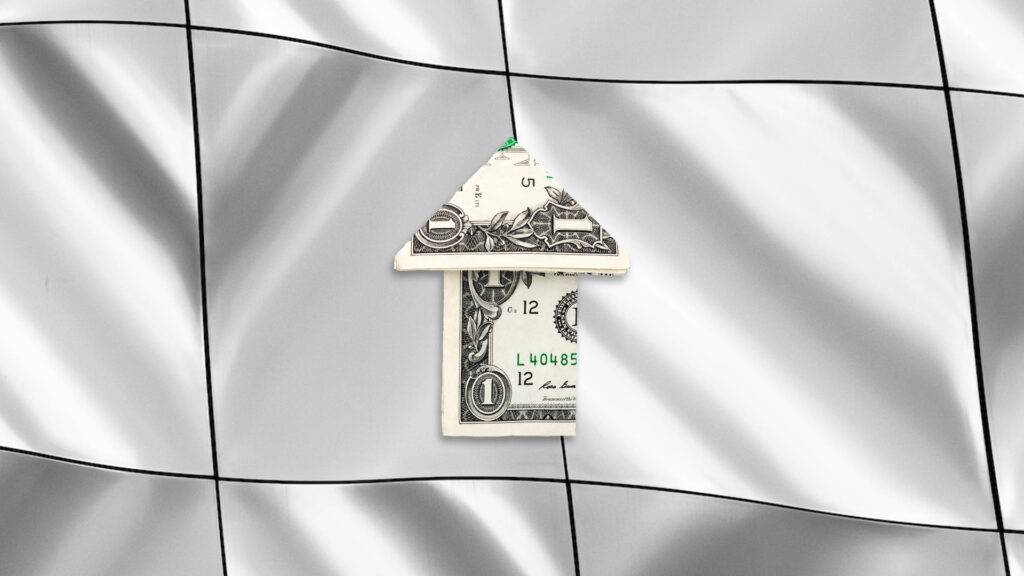Most products on this page are from partners who may compensate us. This may influence which products we write about and where and how they appear on the page. However, opinions expressed here are the author's alone, not those of any bank, credit card issuer, airline or hotel chain. This page may include information about American Express products currently unavailable on Slickdeals. American Express is not a partner of Slickdeals.
For short-term savings goals, certificates of deposit (CD) and high-yield savings accounts can both be good places to store your cash. Both types of deposit accounts have the potential to help you earn above-average interest rates. And depending on the financial institution you choose, you should be able to open safe, FDIC-insured CDs or high-yield savings accounts without much trouble.
Yet there are pros and cons to each of these savings options. So, if you're on the fence about the best type of account to use for your financial goals, the following guide will provide some insight that could help you make a more informed decision.
CDs vs. High-Yield Savings Accounts — The Basics
Here's a closer look at CD and high-yield savings accounts, along with some details about what makes them different from one another (and different from standard checking and savings accounts too).
How Does a Certificate of Deposit (CD) Work?
A certificate of deposit is a special type of deposit account you can open at most banks and credit unions. CDs may be available from traditional financial institutions and online banks and credit unions alike.
What sets CDs apart from most other types of deposit accounts (e.g, checking accounts, savings accounts, high-yield savings accounts, money market accounts, etc.) are the restrictions that they feature. When you deposit cash into a CD, you agree not to withdraw those funds for a set period of time. This time frame is called the CD's term. A CD term could last anywhere from a few months to several years, depending on the type of account you open.
Let's say you open a 5-year CD. In doing so, you agree to leave the funds you deposit into the account alone for at least five years, until the CD reaches maturity. If you opt to withdraw cash from the account early, you may have to pay an early withdrawal penalty. That penalty could offset some of the interest you earned on the account — potentially to a significant degree.
In exchange for agreeing not to touch your CD funds for a predetermined period of time, a bank or credit union may offer you higher interest rates. At the time of writing, some of the best CD rates range between 4.00% and 4.50%. By comparison, the average interest a savings account earned in January 2023 (also called the annual percentage yield or APY) was just 0.33% according to the FDIC.
Featured Certificate of Deposit
CIT Bank Term Certificates of Deposit
- Our Rating 3.5/5 How our ratings work
- Minimum
Deposit Required$1,000 - 1 Year APY0.30%
Annual Percentage Yield is accurate as of March 31, 2023. Interest rates for CIT Bank's term CDs are variable and subject to change at any time without notice
- 3 Year APY0.40%
Annual Percentage Yield is accurate as of March 31, 2023. Interest rates for CIT Bank's term CDs are variable and subject to change at any time without notice
- 6-Month APY5.00%
Annual Percentage Yield is accurate as of March 31, 2023. Interest rates for CIT Bank's term CDs are variable and subject to change at any time without notice
Many banks that offer CDs require customers to commit to lengthy terms of several years or more in order to earn the highest interest rates available. However, with CIT Bank's term CDs, the opposite is true. To get the best rates at CIT, you'll need to open one of its shorter-term CDs, such as its 6-month CD that pays 5.00% APY. If you want an easy way to save more money without having to wait years, CIT Bank's term CDs are a solid option.
Overview
If you’re looking for a dependable way to earn interest on your money in the short term, CIT Bank’s certificates of deposits may be an excellent choice for you. However, those looking to open a long-term CD may be better off looking elsewhere.
Pros
- Strong rates for 13- and 18-month terms
- FDIC insured
Cons
- Rates for longer terms unimpressive
How Does a High-Yield Savings Account Work?
A high-yield savings account is a type of savings account that typically pays higher-than-average interest on your money. At present, some of the best high-yield savings accounts offer interest rates exceeding 4.00% – well above the average national savings rates.
With a high-yield savings account, you deposit funds just like you would with any other savings account, paying attention to any minimum balance or opening deposit requirements. When you need to access funds, you can withdraw them from a branch (if available) or via an ATM, or you might be able to transfer them online to a connected bank account.
Keep in mind that with savings accounts (regular savings, high-yield savings, money market accounts, etc.), your bank might limit the number of withdrawals you can make per month. Often you cannot make more than six transfers or withdrawals from a high-yield savings account during a calendar month, though there may be some exceptions to this rule.
If you're interested in earning the highest APY possible on your money, you might need to consider opening a high-yield savings account with a different bank than you use on a regular basis. And although you might hesitate to open an account with another financial institution, there are some definite perks to keeping your savings in a separate bank account.
Featured High-Yield Savings Accounts
UFB Direct Portfolio Savings Account

This product is currently not available via Slickdeals. All information about this product was collected by Slickdeals and has not been reviewed by the issuer.
- Our Rating 5/5 How our ratings work
- APY3.90%
UFB Direct breaks balances into five tiers, but, currently, there is only one interest rate.
- Minimum
Deposit RequiredN/A - Intro Bonus N/A
The UFB High Yield Savings Account has one of the highest interest rates we’ve seen for a high-yield savings account at up to 3.90% APY. Plus, there are no monthly fees and no minimum balance to open.
Overview
With one of the strongest high-yield savings interest rates on the market, as well as no monthly fees or minimum opening deposit, UFB Direct’s High Yield Savings Account is an extremely attractive package.
Pros
- Strong interest rate
- No maintenance fees or minimum monthly balances
- Free complimentary ATM card
- Mobile app and SMS banking
Cons
- No signup bonus
- No associated checking account
Quontic Bank High Yield Savings Account
- Our Rating 3.5/5 How our ratings work
- APY4.50%
- Minimum
Deposit Required$100 - Intro Bonus N/A
Quontic High Yield Savings offers customers 4.50% APY, which is a moderately good rate for a high-yield savings account. There’s a low minimum of $100 to open your account, as well as no monthly fees, but as a digital-only bank Quontic does not have physical locations.
Overview
With a minimum opening deposit of $100, Quontic Bank’s High Yield Savings Account offers a flat 4.50% interest rate on all balances.
Pros
- Relatively strong interest rate
- No monthly maintenance fees
- Pay Ring for contactless payments
- Access to multiple ATM networks
Cons
- Minimum opening deposit required
- No physical branch locations
- Excess transaction fee for exceeding 6 transactions per statement cycle
CDs vs. High-Yield Savings Accounts
Below is a side-by-side comparison of the benefits that both CDs and high-yield savings accounts offer.
| Certificates of Deposit | High-Yield Savings Accounts |
|---|---|
|
Penalties for Early Withdrawals |
Traditionally Up to 6 Withdrawals Per Month |
|
Offers Some of the Highest Interest Rates Available |
Typically Higher-Than Average Interest Rates |
|
Generally No Monthly Maintenance Fees |
Monthly Maintenance Fees May Apply |
|
Often FDIC Insured Up to $250,000 |
Often FDIC Insured Up to $250,000 |
|
Typically Fixed Rates |
Rates May Fluctuate with the Market |
How to Choose Between a CD and High-Yield Savings Account

Both CDs and high-yield savings accounts can offer a lot of value as savings vehicles to help you reach your financial goals.
You might consider opening a CD if you:
- Are working toward long-term savings goals and know that you won't need to access a portion of your savings for several months or years. You can also consider no-penalty CDs if you want flexibility to withdraw funds early, if needed. However, the interest rates on those accounts typically aren't as generous.
- Want to minimize investment risk and avoid the volatility of the stock market, at least with a portion of your portfolio. Yet consider discussing all of your options with a professional financial advisor first. The SEC notes that the stock market has produced historical annual returns of around 10% — much higher than the average interest that CDs offer.
You might consider opening a high-yield savings account if you:
- Need the flexibility to access your funds on a more frequent basis.
- Are working toward shorter-term savings goals and don't want to lock away your money for an extended period of time (assuming that short-term CDs don't appeal to you).
- Don't want to commit to a fixed interest rate because you're concerned about losing out on potential earnings if interest rates rise.
Bottom Line
Depending on the goals you're trying to accomplish, either a CD or a high-yield savings account might be a better fit than the other. Then again, no one lives in a vacuum. You could be trying to reach multiple financial goals at once. If that's the case, you might benefit from opening both types of accounts.
Just as you probably have a checking and a savings account, there's no harm in having both a CD (or multiple CDs) and a high-yield savings account at the same time. When you have both types of accounts, you can use them to store different portions of your overall savings portfolio in each.











